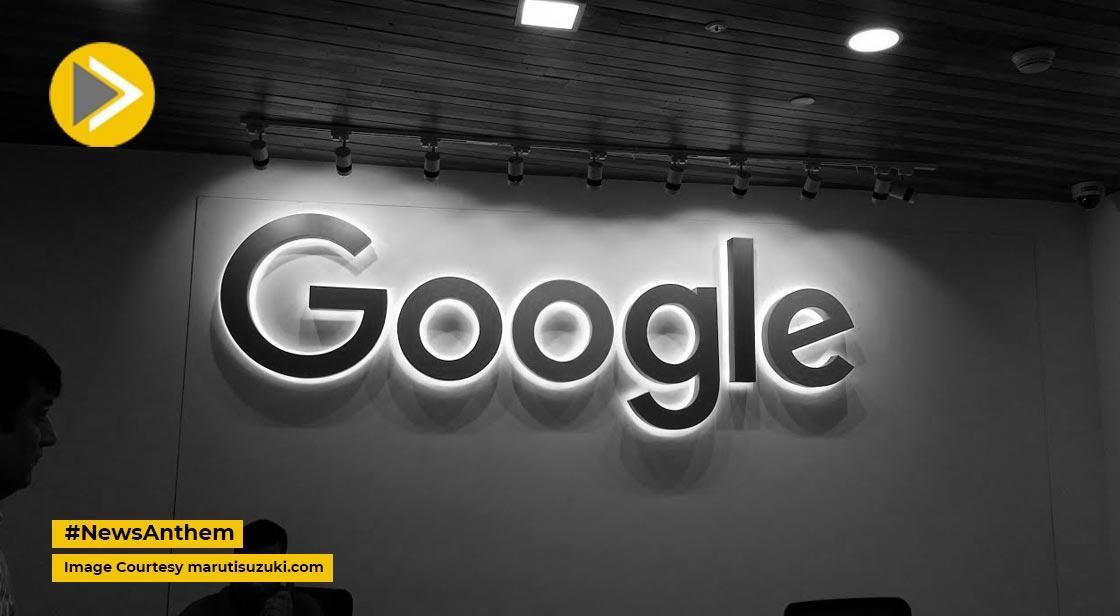Google, OpenAI Push for Lighter AI Regulations Under Trump Administration

News Synopsis
Leading artificial intelligence (AI) firms, including OpenAI and Google, have urged the US government to reconsider and ease AI regulations, focusing on fair copyright policies and global competitiveness.
On Thursday, the two tech giants submitted policy proposals advocating for the protection of AI model training practices while calling for a reduction in regulatory barriers. These proposals were submitted in response to the Trump administration’s new AI policy framework, which outlines an ‘AI Action Plan,’ particularly focusing on copyright laws and state-level AI governance.
Push for ‘Fair Use’ in AI Training
Tech Giants Defend Use of Publicly Available Data for AI Development
OpenAI has strongly emphasized the necessity of fair use laws in promoting AI innovation. The company argues that the United States has been at the forefront of AI development due to its relatively open approach to training AI models on publicly available data, including some copyrighted materials.
In its policy proposal, OpenAI has urged the US government to establish a copyright strategy that allows AI models to continue training on publicly accessible content without restrictive legal challenges.
Similarly, Google has backed weaker copyright restrictions for AI training, underscoring the critical role of fair use and exemptions for text and data mining. Google warned that overly strict copyright regulations could hamper scientific progress and weaken US leadership in AI research and development.
Addressing Copyright Infringement Concerns
Both companies argue that using publicly available copyrighted content in AI training does not significantly harm content creators. Instead, they believe such practices prevent prolonged negotiations over data usage rights while enabling AI systems to advance.
Notably, OpenAI is facing multiple lawsuits from global media organizations and publishers accusing the ChatGPT-maker of using copyrighted material without explicit permission.
Meanwhile, Google has also encountered copyright infringement claims, but many court rulings have favored Google, citing the fair use doctrine, which permits limited use of copyrighted material without the owner's consent.
Concerns Over State-Level AI Laws and Transparency Mandates
Tech Leaders Warn Against Fragmented AI Regulations
In its policy submission, Google raised concerns about the fragmented AI regulatory landscape in the US, where numerous states have introduced conflicting AI governance laws.
With over 780 AI-related bills currently under review across various states, Google has advocated for a comprehensive federal AI legislation that would unify regulations and simplify compliance requirements for businesses.
Google Opposes AI Transparency Mandates
Another critical issue raised by Google is the proposed AI transparency requirements, such as California’s AB 2013. This bill would mandate AI developers to disclose the datasets used for model training.
Google has warned that such regulations could:
-
Expose trade secrets and allow competitors to copy proprietary models
-
Jeopardize AI security by revealing system vulnerabilities
-
Slow down AI innovation by adding excessive regulatory burdens
AI Export Controls and Global Competition
US AI Dominance at Risk Amid Rising Competition from China
Both OpenAI and Google have highlighted the importance of preserving US leadership in AI development, particularly as competition with China intensifies.
In its policy recommendations, Google urged lawmakers to adopt a balanced approach to AI export controls, warning that restrictive measures could undermine American firms’ global competitiveness.
Microsoft Calls for AI Export Reform
Last month, Microsoft also called on the Trump administration to revise the ‘AI Diffusion Rule’ by eliminating arbitrary export limitations while maintaining strong security measures. Microsoft stressed the need for a clear, streamlined policy that allows US firms to expand AI infrastructure in allied nations, ensuring American dominance in AI.
The company further stated that it is willing to make significant AI investments, but regulatory clarity is essential to maintaining competitiveness and preventing key markets from turning to China.
Donald Trump’s AI Policy Shift
New AI Directive Focuses on US Global AI Leadership
Since returning to office, U.S. President Donald Trump has introduced a major shift in AI policy, overturning the Biden administration’s previous AI executive order.
In January 2024, Trump revoked the AI executive order issued by former President Joe Biden in October 2023, which emphasized “Safe, Secure, and Trustworthy Development and Use of Artificial Intelligence.”
Under Trump’s new directive, the United States' official AI policy is to “sustain and enhance America’s global AI dominance.” The order also mandates that a comprehensive AI Action Plan be presented to the President within 180 days.
This shift underscores the administration’s focus on AI competitiveness, deregulation, and national security, setting the stage for significant policy debates on AI governance, copyright laws, and international AI competition.
Conclusion
The push by Google and OpenAI for lighter AI regulations under the Trump administration highlights the ongoing debate on AI governance, copyright laws, and global AI competition.
While these companies argue for weaker copyright restrictions and greater regulatory flexibility, concerns over AI transparency, fair data usage, and national security continue to be hotly contested topics.
As the US government moves forward with its AI Action Plan, the decisions made will shape the future of AI development, impact global competitiveness, and influence AI’s role in society. With China’s rapid AI advancements, maintaining US leadership in AI innovation and infrastructure will remain a key priority for policymakers and tech giants alike.
You May Like









